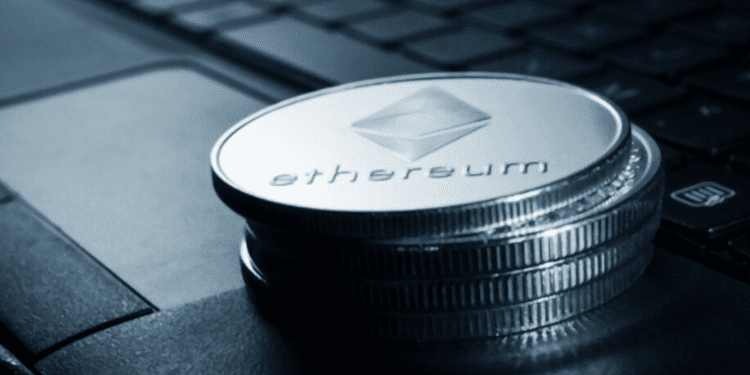- Ethereum’s second layer, Optimism, receives a significant “Bedrock” update, dramatically reducing gas fees by 40% and deposit confirmation times from 10 minutes to 1, improving overall chain usability.
- The Bedrock upgrade supports Optimism’s ambitious goal of becoming a “Superchain,” merging multiple interoperable
- Bedrock plays a critical role in transitioning Optimism toward a multi-client ecosystem, allowing various software versions to interact with the network and fortifying its resilience by eliminating single points of failure.
Ethereum’s second layer, Optimism, underwent a crucial transformation on Tuesday with the introduction of a substantial upgrade called “Bedrock.” This game-changing update significantly improves chain usability by dramatically cutting gas fees and deposit confirmation times.
The driving force behind this comprehensive upgrade is Optimism’s ambition to evolve into a “Superchain.” This would involve merging multiple interoperable and composable blockchains, revolutionizing the network’s operational capabilities. Earlier this year, leading US-based cryptocurrency exchange Coinbase revealed its intentions to base its groundbreaking network on Optimism. Concurrently, Andreessen Horowitz, a venture capital firm known for its support of cryptocurrency, is backing new client software for this project.
Karl Floersch, the CEO and co-founder of OP Labs, which leads the development of Optimism, has aptly named the “Bedrock” upgrade to signify its essential role in creating the Superchain. He envisions the Superchain as a connected network of smaller chains, all working together in unison under the guidance of Optimism’s OP Stack.
The Bedrock update is anticipated to reduce gas fees by 40% by implementing a novel data compression strategy. It also addresses the issue of reorgs – situations where a blockchain inadvertently creates a temporary duplicate of the blockchain by generating two blocks simultaneously. Bedrock’s code change is designed to combat reorgs by significantly decreasing deposit confirmation time from 10 minutes to a mere 1.
Additionally, Bedrock brings advanced proof modularity to its OP Stack, an open-source toolkit that allows developers to create customizable environments on Optimism. This improvement will boost node performance and introduce other vital code adjustments.
A key component of Bedrock’s initiative is its role in transitioning Optimism toward a multi-client ecosystem. This will enable various software versions to interact with the network, strengthening its resilience by eliminating single points of failure. The process took two to four hours, during which deposits and withdrawals were briefly suspended, and the chain was temporarily stopped.
Scaling Heights with Upgrades
To outperform Bitcoin, Ethereum developers have set their sights on enhancing the platform’s performance by 2023. By prioritizing improvements in throughput, latency reduction, and minimizing transaction costs, Ethereum aims to transform itself into a fully scaled and maximally resilient platform.
Key upgrades include the implementation of zk-SNARKs, a sophisticated zero-knowledge-proof technology that enables secure, private transactions. Additionally, developers are working on reducing block rewards and incorporating sharding technology to bolster scalability.
These strategic enhancements will position Ethereum as a more efficient alternative to Bitcoin in terms of both performance and cost-effectiveness. With these advancements in place, Ethereum is poised to soar to unprecedented heights in 2023 and beyond.














